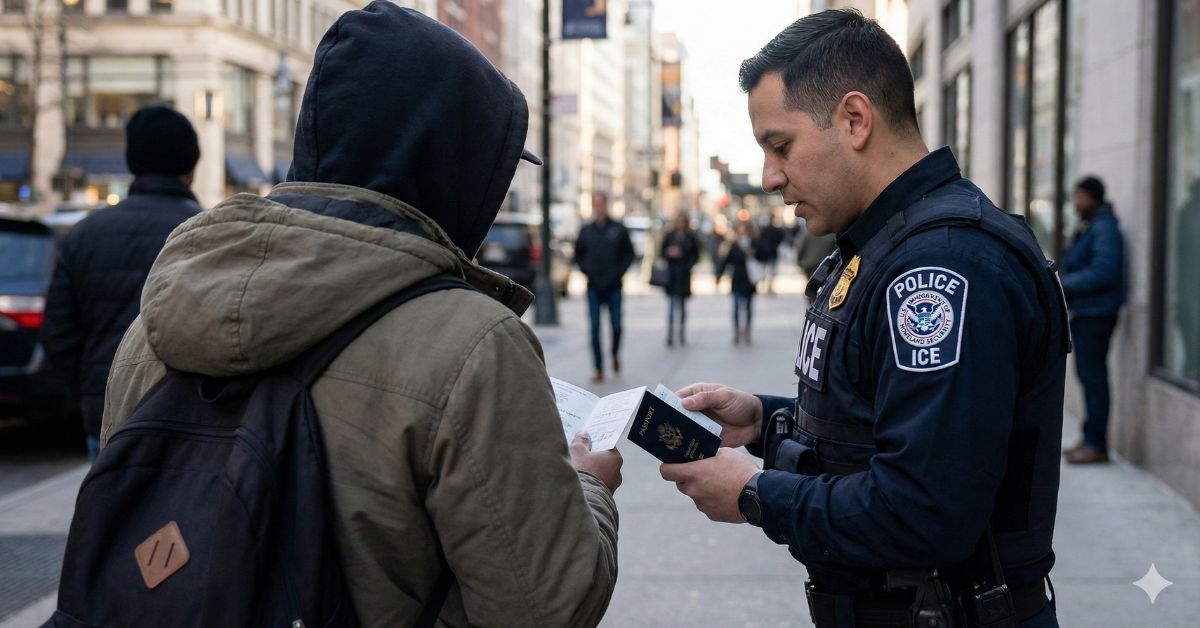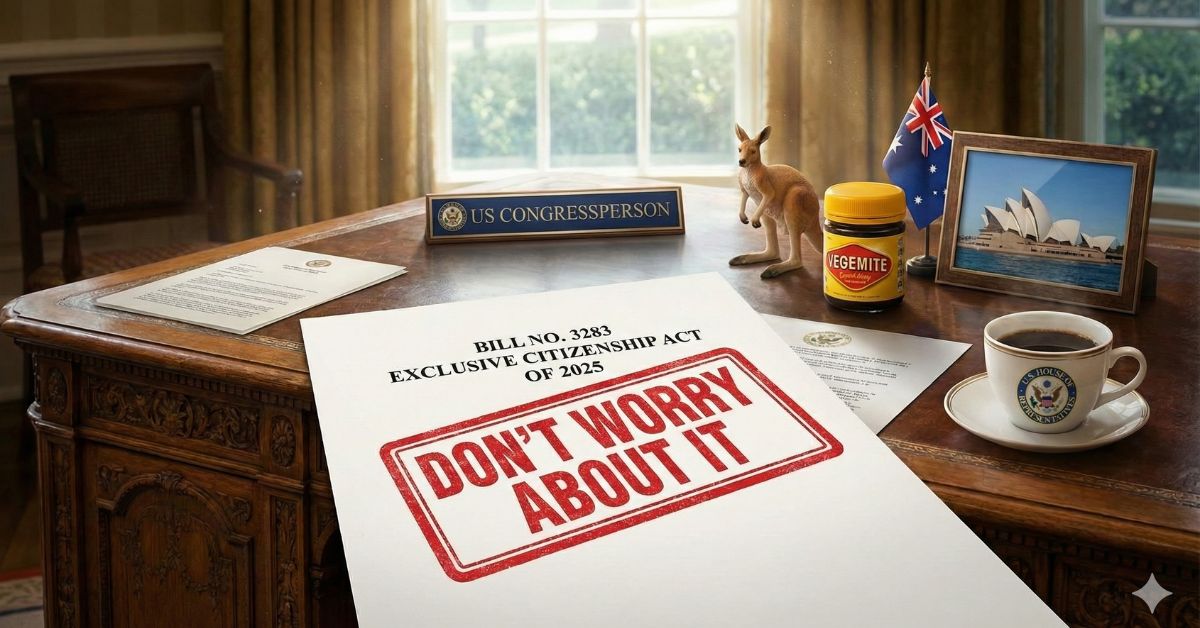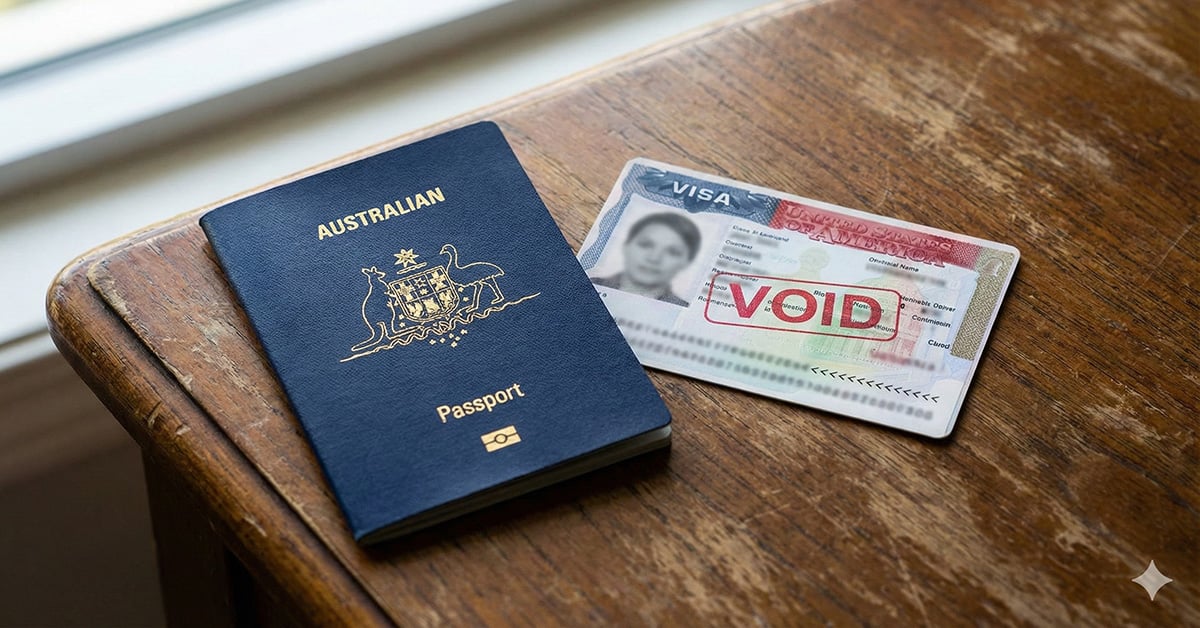A big shift just landed for people using or planning to use the H‑1B work visa in the U.S. Effective September 21, 2025, a new presidential proclamation titled “Restriction on Entry of Certain Nonimmigrant Workers” introduces sweeping changes that will alter when, how, and how much employers have to pay for H‑1B workers coming from abroad. If you’re an H‑1B holder, beneficiary, or employer, it may be a good time to reconnect with your immigration attorney update your plan.
Here’s what we know so far, who will be affected, what it means in practice, and what you should do about it.
It's important, as always, to flag that I'm not an immigration attorney and this is not legal advice. It's also important to note that we're very early in the story with this latest change and we often see clarifications and updates happen in the days after such a dramatic proclamation or EO. Be sure to connect with an immigration attorney right away if this affects you for personal legal advice.
Update September 20 (6pm ET): Really important clarification from the White House. I have not updated the article below but the new update from Karoline Leavitt on X.com says:
To be clear:
1.) This is NOT an annual fee. It’s a one-time fee that applies only to the petition.
2.) Those who already hold H-1B visas and are currently outside of the country right now will NOT be charged $100,000 to re-enter.
H-1B visa holders can leave and re-enter the country to the same extent as they normally would; whatever ability they have to do that is not impacted by yesterday’s proclamation.
3.) This applies only to new visas, not renewals, and not current visa holders.
It will first apply in the next upcoming lottery cycle.
So the necessity to get back to the US is now gone for existing visa holders.
What the New Rule Says
As a summary of the meaningful elements of the proclamation and what it appears was intended from this:
- Employers must pay a $100,000 fee for many H‑1B specialty occupation petitions when the worker is outside the U.S. seeking entry.
- The measure becomes effective at 12:01 a.m. Eastern Daylight Time on September 21, 2025, and lasts for 12 months unless extended.
- It applies to entry of H‑1B workers from abroad. If the beneficiary is already in the U.S. under H‑1B status, some elements (extensions, amendments, employer changes) appear not to be directly targeted by this new fee and restriction—though traveling outside the U.S. and re‑entering might trigger the rule.
- The proclamation also directs government agencies to increase prevailing wage requirements—making sure H‑1B workers are paid more, not just the minimum thresholds.
It's important to note though that the methods that this Proclamation seeks to use to make these changes and updates to the H-1B program are somewhat un-tested and lack details making them especially subject to change in the future. Many of the changes suggested may require Congressional approval, or may be subject to appeal.
Who Is Affected by these changes?
These are the people (or companies) who will feel the impact most:
| Affected Group | How They’re Affected |
|---|---|
| H‑1B Workers Outside the U.S. | If you’re abroad and applying for an H‑1B to enter the U.S., your employer may need to pay the new $100,000 fee prior to your petition being approved. Without that, entry may be blocked. |
| New H‑1B Applicants from Abroad | Those applying after Sept 21, 2025, from outside the U.S. will need to account for this fee, plus meet any heightened prevailing wage requirements that are yet to be defined. |
| Employers Sponsoring from Abroad | These employers incur a large new cost and must plan for higher salary/wage obligations. |
| H‑1B Holders in the U.S. (Extensions, Changes) | Generally less directly affected as extensions and adjustments—but if you travel abroad and seek re‑entry, or if your employer files something based on your overseas status, you might be caught by the new rules. |
| Industries Dependent on Entry from Abroad (Tech, Research, International Staffing) | Most disrupted, since many H‑1B hires come from abroad. This adds cost, complexity, risk of delayed or denied petitions. |
Prevailing Wage Changes
The proclamation doesn’t just speak to the $100,000 fee for H-1B applicants. It also asks relevant departments (such as Labor) to raise prevailing wage levels.
This would mean that the wage thresholds that employers must meet for H‑1B workers are likely to climb if this stays in effect.
Ultimately, it will mean that the Wage Level 1 through 5 will likely increase, meaning that to qualify for H-1Bs (and other visas reliant on prevailing wages) you will need to be offered, and earn, a higher wage.
What These Changes Means in Practice
In terms of actual effects on applicants, these changes will mean that some job offers that previously “made sense” on cost-benefit may now be borderline or no longer viable.
- H‑1B workers who had plans to travel or re‑enter may need to reconsider timing carefully. I do not recommend traveling until you have spoken to an immigration attorney.
- Employers may shift recruitment strategies to prefer U.S‑based employees or transfers of workers already inside the U.S. rather than hiring from overseas.
- Legal challenges are likely. Some parts of the rule may be contested (and word is that there are already formulations for these challenges), the terms (e.g. who counts as “outside the U.S.” in certain cases) may be clarified in follow‑ups, and exceptions (for “national interest”, etc.) could be granted.
Effects on E-3 Visa Holders
As the E-3 Treaty Work Visa for Australians is tied closely to the practices and procedures of the H-1B visa, it is likely that we will see the prevailing wage changes (if they stay in place) affect E-3 visa applications as well. This will mean that E-3 visa holders who are already in the country will likely not be affected by the change, but may become impacted on renewal both in-country and if trying to apply from a consulate or Embassy.
As the E-3 is a different class of visa and was initiated through a different statute, it is unlikely that the $100,000 fee will automatically be applied to E-3 Visas though, and there is no reason to think that there will be any other substantial changes to the visa at this time.
What You Should Do Now
If you’re an H‑1B worker, or employer, here are practical steps to take:
- Consult legal advice — Especially for people with travel plans, or who may need to re-enter the U.S. from abroad.
- Get onto U.S. soil and stay there — If you are outside of the U.S. and have the ability to return before the Proclamation becomes active on Sep 21 at 12:01am, I highly recommend you do so. If you had planned to leave the U.S., I highly recommend you speak to an immigration attorney before doing so.
- Review your status — Are you inside the U.S., or applying from abroad? That distinction now matters more than ever.
- Check existing petitions — If you’re in the U.S., see if your employer’s petition is one of those potentially exempt from the new fee.
- Negotiate salary / prevailing wage earlier — Employers should plan for higher wage expectations; don’t wait until petition filing.
- Watch for updates — Regulations implementing this proclamation will have more details. Things like “national interest” exemptions, how prevailing wages are calculated, how “entry” is defined—all may shift.
It's important to reiterate though that I do not think this will be the end of the discussion for this kind of sweeping change to such an important and widely used visa.
While we will likely see affects in the short-term, there will be challenges by courts, and clarifications to terms that may have small or even large impacts on this Proclamation.



















This article provides a clear and urgent overview of the new H-1B rule changes, but the constant reminder about needing an attorney makes it feel like I’m just getting a preview—very helpful, but I’d need legal advice for real peace of mind.